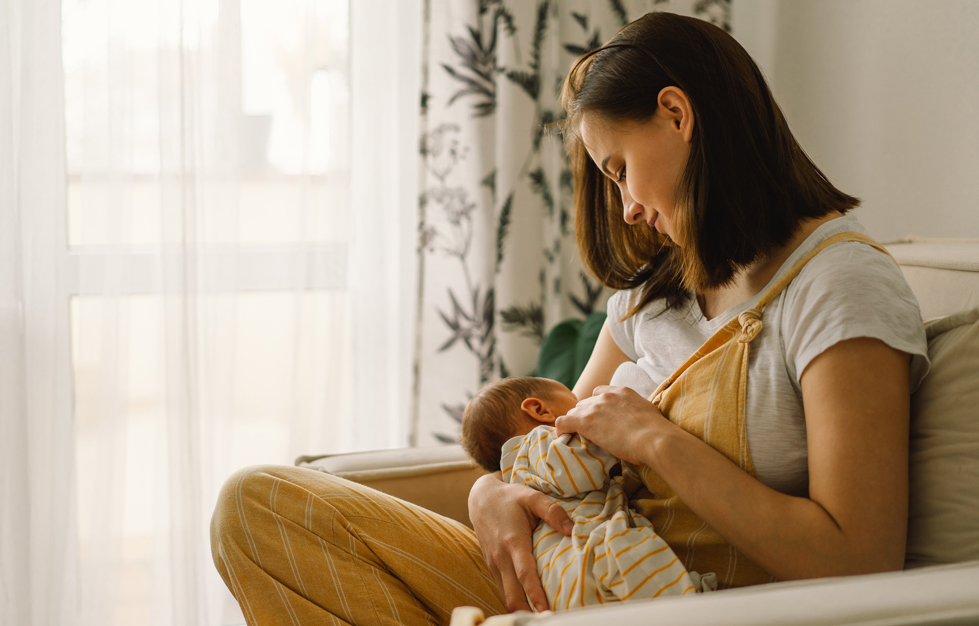- Postnatal depression (PND) is a term used to cover a number of emotional changes that can occur after giving birth, and sometimes during pregnancy.
- Between 10 and 15% of women in New Zealand suffer from some form of postnatal depression, so it really is quite common and it is important to be aware of what can happen and how to get help.
- Most women will experience “Baby Blues” or “day three” blues during the first week after having a baby – you may have mood swings, episodes of anxiety, tearfulness or a feeling of just not coping. This lasts a few days only.
- PND can start at any time in the year after having a baby. Usually it starts in the first six weeks but can begin months later. There are a number of different symptoms and it may be hard to tell if this is “just being a mother” or PND, especially if this is your first baby and there is nothing to compare your current experiences to. Often women feel they are a bad mother or have failed in some way – this is not true.
Symptoms of PND
- Changes in mood – this may vary through the day from quite well to very depressed and low
- Sleep problems not related to baby’s need, for example being unable to get back to sleep after feeding or sleeping too much
- Appetite disturbance – not feeling hungry or eating too much
- Exhaustion and/or over activity
- Feeling tearful or irritable
- Anxiety symptoms – tension, shakiness, feeling “unreal”, panic attacks
- Developing memory and concentration problems
- Low self-esteem and loss of confidence, feeling guilty and inadequate
- A fear of being alone or fear of being with others
- Loss of interest in sex
- Obsessive, negative or morbid thoughts, fears of harming yourself or your baby
- Feeling life is meaningless

